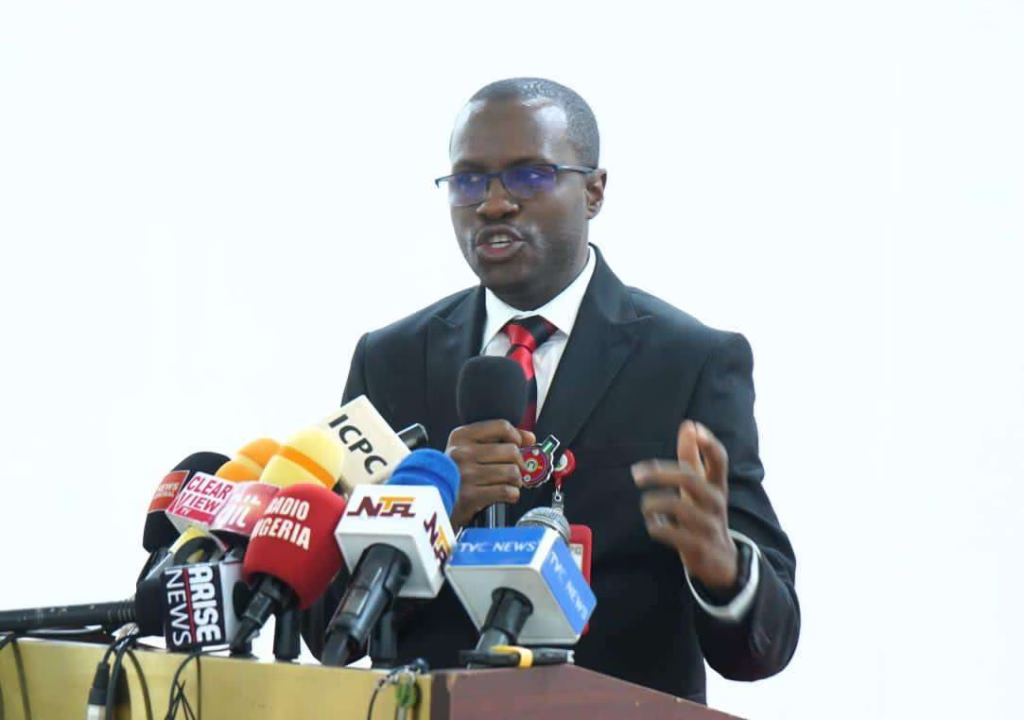Africa Takes a Unified Stance Against Corruption: Recovering Stolen Assets Globally
In a bold move to combat corruption, the Independent Corrupt Practices and Other Related Offences Commission (ICPC) has intensified efforts to recover assets outside Africa that are believed to be proceeds of crime. This announcement was made by ICPC Chairman, Dr. Musa Aliyu, during a stakeholders’ engagement on assessing Nigeria’s asset recovery regime, organized by the Centre for Fiscal Transparency and Public Integrity (CFTPI) and supported by the Inter-Governmental Action Group against Money Laundering in West Africa (GIABA).
Dr. Aliyu emphasized that asset recovery is no longer a local issue, but an international one, requiring collective action from anti-corruption agencies. “No single agency can fight corruption alone,” he stated. “We must work together to recover assets beyond the African continent, as the western world often blames us for illicit financial flows, despite being the victims.” The ICPC chairman highlighted the importance of recovering stolen assets, as it deprives corrupt individuals of their benefits, rendering them “empty.”
According to Dr. Aliyu, one of the ICPC’s pillars in combating stolen assets is recovery and management of proceeds of crime. However, the commission will also focus on prevention to discourage people from engaging in corrupt activities. The Director-General of GIABA, Edwin Harris Jr., revealed that $350,000 has been disbursed to 12 civil society organizations across ECOWAS to implement asset recovery and management programs.
Harris emphasized that awareness is crucial in discouraging people from acquiring illicit wealth. “Profit is the driver of financial crimes,” he said. “Until we take profit out of crime, criminals will continue to thrive.” He cited a report by President Thabo Mbeki, which estimated that between $88 billion and $94 billion is stolen from Africa annually. Harris posed critical questions about the recovery and management of these stolen assets, stressing the need for a collective effort to address the issue.
Dr. Umar Yakubu, Executive Director of CFTPI, noted that asset recovery is not just a legal or financial matter, but a key aspect of national development and trust-building between the government and citizens. “Illicitly acquired assets represent resources that could have been invested in vital sectors such as education, healthcare, and infrastructure,” he said. Yakubu emphasized the importance of a robust and efficient asset recovery regime in deterring corruption and fostering a culture of integrity.
The event, which included participation from various agencies such as the National Drug Law Enforcement Agency and the Economic and Financial Crimes Commission, ended with a panel session. The organizers also unveiled the Assets Recovery Database, a significant step towards tackling corruption and recovering stolen assets. As Africa takes a unified stance against corruption, the international community is urged to join forces in the fight against illicit financial flows and the recovery of stolen assets.
